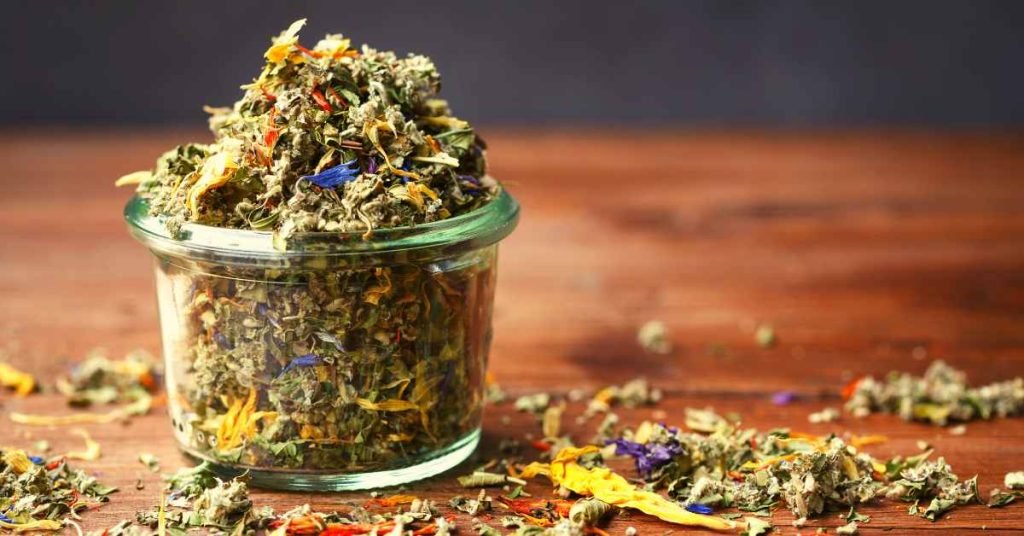A sore throat is an irritating and uncomfortable condition that many of us have experienced at some point in our lives.
Whether caused by a viral infection, allergies, or simply overusing our vocal cords, the scratchy and painful sensation can put a damper on our day.
While over-the-counter medications and home remedies are readily available, one age-old remedy that has stood the test of time is tea.
This ancient beverage, with its myriad of flavors and aromas, has been revered for its potential to alleviate sore throat symptoms.
In this article, we will delve into the science and history behind tea’s potential soothing effects on sore throat.
The Warmth and Hydration Factor

One of the primary reasons tea is believed to help with a sore throat is its warmth and hydrating properties.
Warm liquids have long been recognized for their ability to soothe irritation in the throat, providing a temporary respite from pain and discomfort.
The heat helps to increase blood flow to the affected area, potentially reducing inflammation and promoting healing.
Moreover, staying well-hydrated is crucial when dealing with a sore throat.
The warm liquid in tea can help keep the throat moisturized, preventing further irritation and dryness. The act of sipping tea can also create a gentle and soothing effect on the throat, offering relief from persistent discomfort.
Anti-inflammatory Properties of Tea
Several types of tea, such as green tea, black tea, and herbal tea, boast impressive anti-inflammatory properties due to their high antioxidant content.
Antioxidants are compounds that combat oxidative stress in the body, which can contribute to inflammation and cell damage.
Epigallocatechin gallate (EGCG), a potent antioxidant found in green tea, has been the focus of numerous studies for its potential health benefits.
Research suggests that EGCG might help reduce inflammation and soothe irritated tissues, making green tea a compelling choice for those seeking relief from a sore throat.

Herbal teas, like chamomile and peppermint, also contain anti-inflammatory compounds that can aid in reducing swelling and irritation in the throat.
Chamomile, for instance, contains bisabolol, an anti-inflammatory compound that may help ease sore throat symptoms.
Peppermint, on the other hand, has menthol, which can provide a cooling and numbing sensation, offering a soothing effect on the throat.
Antimicrobial Properties
Another significant aspect of tea’s potential efficacy in managing sore throats lies in its antimicrobial properties.
Tea contains polyphenols, catechins, and tannins, which exhibit antimicrobial activity against certain pathogens, including bacteria and viruses.
Research on tea’s antimicrobial effects is still ongoing, but preliminary studies suggest that certain compounds found in tea may help inhibit the growth of bacteria and viruses responsible for causing sore throat infections.
While tea cannot replace conventional medical treatments, it might aid in supporting the body’s immune response during the healing process.
The Comforting Ritual

Beyond its physiological benefits, tea offers a comforting and relaxing ritual that can positively impact a person’s mood and well-being during a bout of sickness.
Engaging in a soothing tea-drinking ritual can help reduce stress, which is known to have a negative impact on the immune system. By relieving stress, the body can better focus on healing itself.
Which tea is good for sore throat?
When selecting tea to help with a sore throat, consider the following options:
- Green tea: Rich in antioxidants, green tea can aid in reducing inflammation and supporting the immune system.
- Black tea: Black tea also contains antioxidants and compounds that might help alleviate sore throat symptoms.
- Herbal teas: Chamomile and peppermint teas have soothing and anti-inflammatory properties that can provide comfort during a sore throat.
- Honey and lemon: Adding a spoonful of honey and a splash of lemon juice to your tea can enhance its potential benefits. Honey has natural antibacterial properties, while lemon is a good source of vitamin C, known for its immune-boosting effects.
Final Word
While tea cannot cure a sore throat on its own, it can undoubtedly offer a comforting and potentially beneficial addition to your sore throat care routine.
Its warmth and hydrating properties, coupled with its anti-inflammatory and antimicrobial potential, make it a popular remedy for soothing sore throats across generations and cultures.

As always, if symptoms persist or worsen, it is essential to consult with a healthcare professional to ensure proper diagnosis and treatment.
However, organic teas are always much welcomed in sore throat treatment, and you can find an excellent selection here.
MEDICAL DISCLAIMER
Itsnevernotteatime.com cannot and does not contain medical/health advice. The medical/health information is provided for general and educational purposes only and is not a substitute for professional advice.




